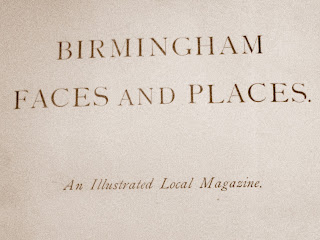| Book illustration, pen drawing Pictorial Miscellany for the Family Circle 1855 Mark Forrester |
In our house we have believers, non-believers and everything in between for both Father Christmas and God. We try to respect each other without denigrating, humiliating or generally annoying each other, but chatting about the existence of an omnipotent being does not require lying. In the past we've parried the Santa question, avoiding any kind of direct question, but it gets more uncomfortable for me and gets more complicated with a range of different levels of 'belief''. I guess it goes back to the old addage 'what tangled web we weave, when first we practice to deceive', and this has to be one of the oldest lies. It gets worse as I watch our older siblings, learning from us adults, lying to their siblings, taunting them a little, exerting their superiority, having 'fun' with them.
Dorothy Roe's is very clear about lying in her latest book, 'Why we lie':
'When we lie to others sooner or later our lies become apparent, and trust is destroyed'
I can't help agreeing, and remember the feeling as a seven year old when my parents finally told me they were separating. I was more angry with my sisters than my parents for not telling me something I already suspected.
Isn't Father Christmas a harmless white lie? I have met a couple of adults who recall bitterly the moment Santa was exposed. I've also talked to disappointed children when finding out the truth, but is the 'magic of Christmas' in jeopardy if we give in to the Santa spoilers?
A primary school got into a fix when it exposed Santa:
One began by informing the children that 'many small children believe in Father Christmas'. It then went on to explain that thousands of letters sent by these children to Santa every year are actually answered by the Post Office.
The London Standard went on quoting disgruntled parents for whom the magic of christmas had been ruined:
'What gives the school the right to decide when children should know the truth?'
What I think this story exposes is that this school, and we as a whole, are teaching our children to lie, and that lying in certain circumstances is not just acceptable, but expected - that lying is a social skill.
I can see that we use lies, as adults and children, all the time. I also have to agree with Dorothy Roe that most lies, white or otherwise, land us in more trouble rather than less.
But it is with relief that I haven't yet had to explain what really happens to the magic reindeer food our school gave to Freya, at least for a bit longer...
Useful links:
http://www.guardian.co.uk/books/2011/mar/05/why-we-lie-dorothy-rowe-review
http://www.standard.co.uk/news/santa-claus-does-not-exist-school-tells-stunned-kids-7239395.html
Why we lie; The source of our disasters, Dorothy Roe (2011: Fourth Estate)














